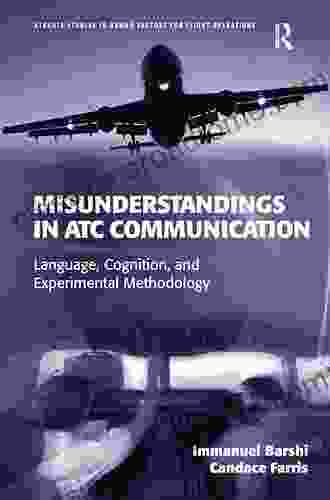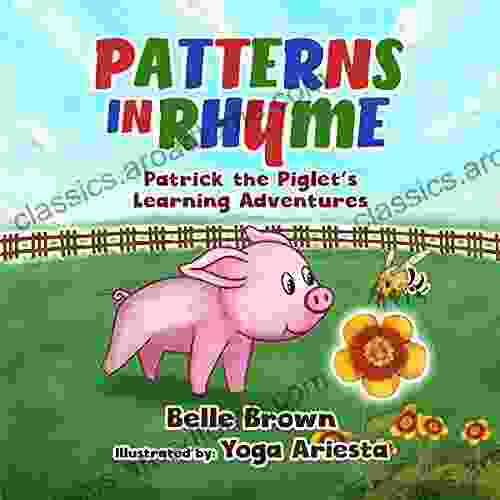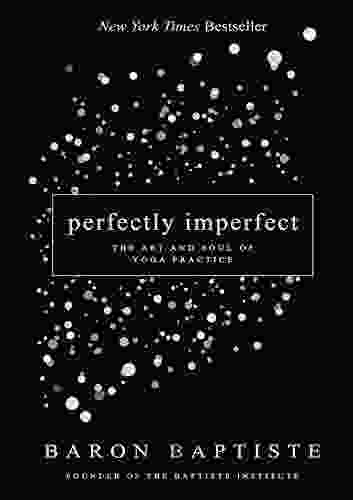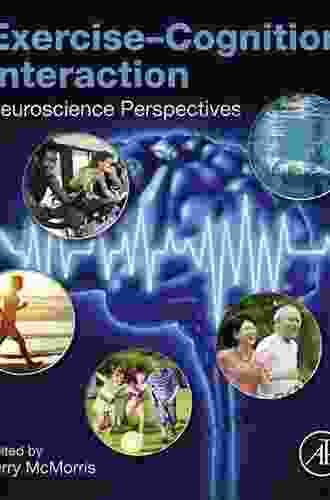Unraveling the Moral Compass: A Short History of British Medical Ethics

In the realm of healthcare, where life-altering decisions are made, ethics serves as a guiding light. It shapes the principles and practices that govern medical interventions, ensuring patient well-being and respect for human dignity. A comprehensive understanding of medical ethics is crucial for healthcare professionals and policymakers alike.
This article delves into the rich history of British medical ethics, tracing its evolution from ancient times to the present day. Through a detailed examination of key figures, groundbreaking developments, and influential texts, we unravel the moral fabric that has shaped British medical practice.
The foundations of medical ethics can be traced back to the writings of Hippocrates, the "Father of Western Medicine," in the 5th century BC. His Hippocratic Oath, revered as the cornerstone of medical ethics, emphasized the physician's duty to heal and refrain from harm.
5 out of 5
| Language | : | English |
| File size | : | 67954 KB |
| Print length | : | 700 pages |
| Paperback | : | 204 pages |
| Item Weight | : | 8.1 ounces |
| Dimensions | : | 5.25 x 0.51 x 8 inches |
Later, in the 2nd century AD, the Roman physician Galen expanded upon Hippocratic principles, emphasizing the importance of respecting patient autonomy and balancing beneficence with non-maleficence (ng good without causing harm). These ancient ethical principles laid the groundwork for subsequent developments in medical ethics.
During the Middle Ages, Christian theology played a significant role in shaping medical ethics. The influence of the Catholic Church is evident in the emphasis on compassion, charity, and the sanctity of human life. However, this period also witnessed the rise of superstition and the persecution of those who advocated for scientific practices.
The Renaissance marked a shift towards a more secular approach to medical ethics. Physicians began to question traditional beliefs and sought to base their practices on reason and observation. Humanism and the pursuit of knowledge became central themes, leading to a renewed interest in classical Greek medical texts.
The Enlightenment period in the 18th century was characterized by a focus on reason, individualism, and the pursuit of happiness. In medical ethics, this era saw the rise of utilitarianism, which advocated for actions that maximized overall happiness or minimized harm. Philosophers like Jeremy Bentham and John Stuart Mill argued that the ethical value of an action depends on its consequences.
Utilitarianism had a significant impact on British medical ethics, with its emphasis on patient autonomy and the importance of weighing the benefits and risks of medical interventions.
The 20th century witnessed the emergence of bioethics as a distinct field of study. Bioethics addresses complex ethical issues arising from advances in medical science and technology. Questions related to euthanasia, genetic engineering, and stem cell research have challenged traditional ethical principles and sparked ongoing debates.
In recent decades, British medical ethics has focused on patient-centered care, informed consent, and the protection of vulnerable populations. The emphasis has shifted from a paternalistic approach, where doctors made decisions for their patients, towards a more collaborative model that involves patients in the decision-making process.
Throughout the history of British medical ethics, numerous figures and texts have made significant contributions. Here are a few notable examples:
- Thomas Percival: A 19th-century physician and medical ethicist, Percival is best known for his "Code of Medical Ethics," published in 1803. This code outlined ethical principles for physicians, including confidentiality, non-maleficence, and beneficence.
- The Nuremberg Code: Developed after the horrors of Nazi medical experiments during World War II, the Nuremberg Code (1947) established ethical standards for human experimentation. It emphasized the importance of informed consent, the protection of human subjects, and the avoidance of unnecessary pain and suffering.
- The Declaration of Helsinki: Adopted by the World Medical Association in 1964, the Declaration of Helsinki is an internationally recognized statement of ethical principles for medical research involving human subjects. It upholds the standards of informed consent, patient autonomy, and the protection of vulnerable populations.
The history of British medical ethics is a rich and evolving story that reflects the changing social, cultural, and scientific contexts within which healthcare is practiced. From the ancient Hippocratic Oath to the modern bioethics debates, the quest for ethical guidelines in medicine has been continuous and multifaceted.
By understanding the historical foundations of British medical ethics, we gain invaluable insights into the principles and practices that shape our approach to patient care today. As we continue to navigate the complexities of modern medicine, it is essential to draw upon this rich ethical heritage to ensure that human dignity, patient autonomy, and the pursuit of well-being remain at the heart of our healthcare practices.
5 out of 5
| Language | : | English |
| File size | : | 67954 KB |
| Print length | : | 700 pages |
| Paperback | : | 204 pages |
| Item Weight | : | 8.1 ounces |
| Dimensions | : | 5.25 x 0.51 x 8 inches |
Do you want to contribute by writing guest posts on this blog?
Please contact us and send us a resume of previous articles that you have written.
 Book
Book Novel
Novel Page
Page Chapter
Chapter Text
Text Story
Story Genre
Genre Reader
Reader Library
Library Paperback
Paperback E-book
E-book Magazine
Magazine Newspaper
Newspaper Paragraph
Paragraph Sentence
Sentence Bookmark
Bookmark Shelf
Shelf Glossary
Glossary Bibliography
Bibliography Foreword
Foreword Preface
Preface Synopsis
Synopsis Annotation
Annotation Footnote
Footnote Manuscript
Manuscript Scroll
Scroll Codex
Codex Tome
Tome Bestseller
Bestseller Classics
Classics Library card
Library card Narrative
Narrative Biography
Biography Autobiography
Autobiography Memoir
Memoir Reference
Reference Encyclopedia
Encyclopedia Angela England
Angela England Anjan Sarkar
Anjan Sarkar James M Sales
James M Sales Clare Sieffert
Clare Sieffert Masaru Kanemoto
Masaru Kanemoto Andrea Schneider
Andrea Schneider Andy Lester
Andy Lester Amy Ehrlich
Amy Ehrlich Andreia Camargo
Andreia Camargo Katie Henry
Katie Henry Andrew Phillips
Andrew Phillips Andrew Gladwell
Andrew Gladwell Ami Mckay
Ami Mckay Ann Burkhardt
Ann Burkhardt Aney Carver
Aney Carver Amy J Blake
Amy J Blake Rohan Agarwal
Rohan Agarwal Benjamin Muschko
Benjamin Muschko Amy Licence
Amy Licence Andreas Maercker
Andreas Maercker
Light bulbAdvertise smarter! Our strategic ad space ensures maximum exposure. Reserve your spot today!

 Yukio MishimaThe Life and Times of Joey "The Fixer" Silvestri: Uncovering the Secrets of...
Yukio MishimaThe Life and Times of Joey "The Fixer" Silvestri: Uncovering the Secrets of... Theodore MitchellFollow ·2k
Theodore MitchellFollow ·2k Ian McEwanFollow ·17.5k
Ian McEwanFollow ·17.5k Stuart BlairFollow ·17.2k
Stuart BlairFollow ·17.2k William WordsworthFollow ·4k
William WordsworthFollow ·4k Jamie BlairFollow ·3.1k
Jamie BlairFollow ·3.1k Bruce SnyderFollow ·7.1k
Bruce SnyderFollow ·7.1k Thomas PynchonFollow ·9.9k
Thomas PynchonFollow ·9.9k Aaron BrooksFollow ·9.2k
Aaron BrooksFollow ·9.2k

 Braden Ward
Braden WardThe True Story of Murder and Betrayal
In a small town where...

 W. Somerset Maugham
W. Somerset MaughamUnraveling the Complexities of Human Language: A...
Language is a fundamental aspect of human...

 Ibrahim Blair
Ibrahim BlairTrue Crime Tales That Will Keep You on the Edge of Your...
Prepare to be...

 Rick Nelson
Rick NelsonPatterns In Rhyme: A Journey of Discovery with Patrick...
Welcome to the...

 Edgar Hayes
Edgar HayesWithout Pity: Unmasking the Evil Within
In the realm of true...

 Cooper Bell
Cooper BellFannie Lou Hamer's Indelible Legacy: Unraveling the...
The Black Freedom Movement, a pivotal...
5 out of 5
| Language | : | English |
| File size | : | 67954 KB |
| Print length | : | 700 pages |
| Paperback | : | 204 pages |
| Item Weight | : | 8.1 ounces |
| Dimensions | : | 5.25 x 0.51 x 8 inches |










